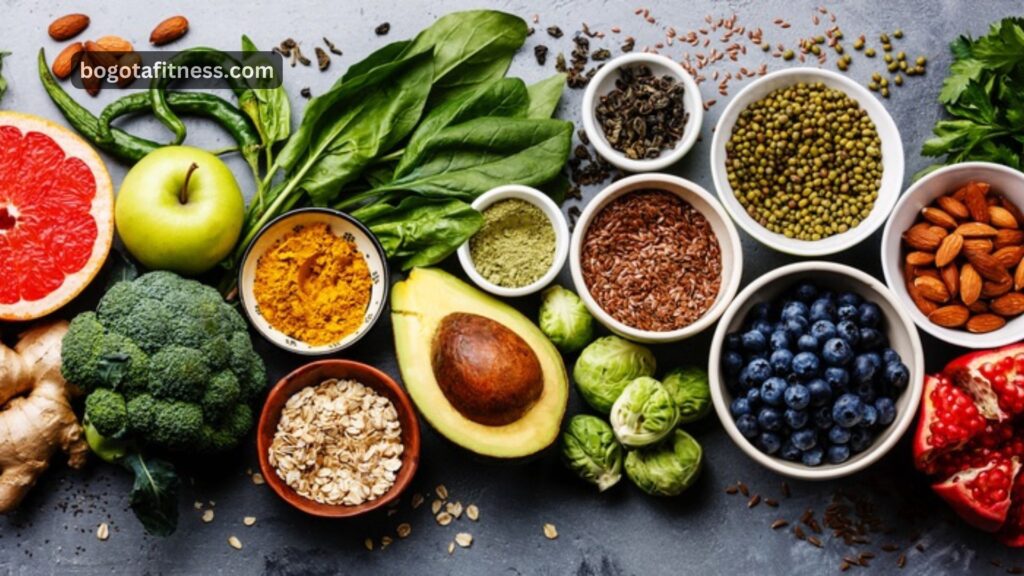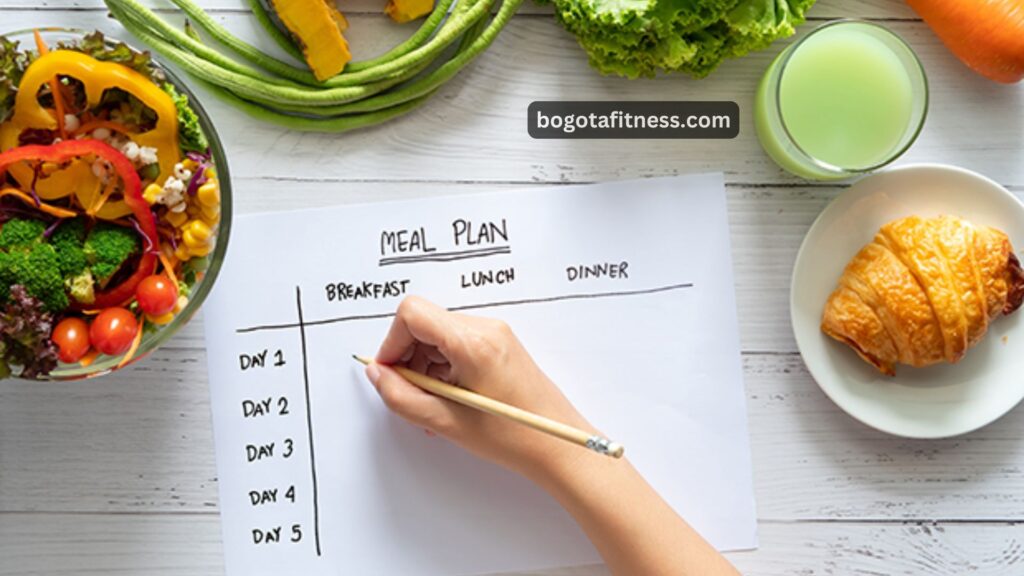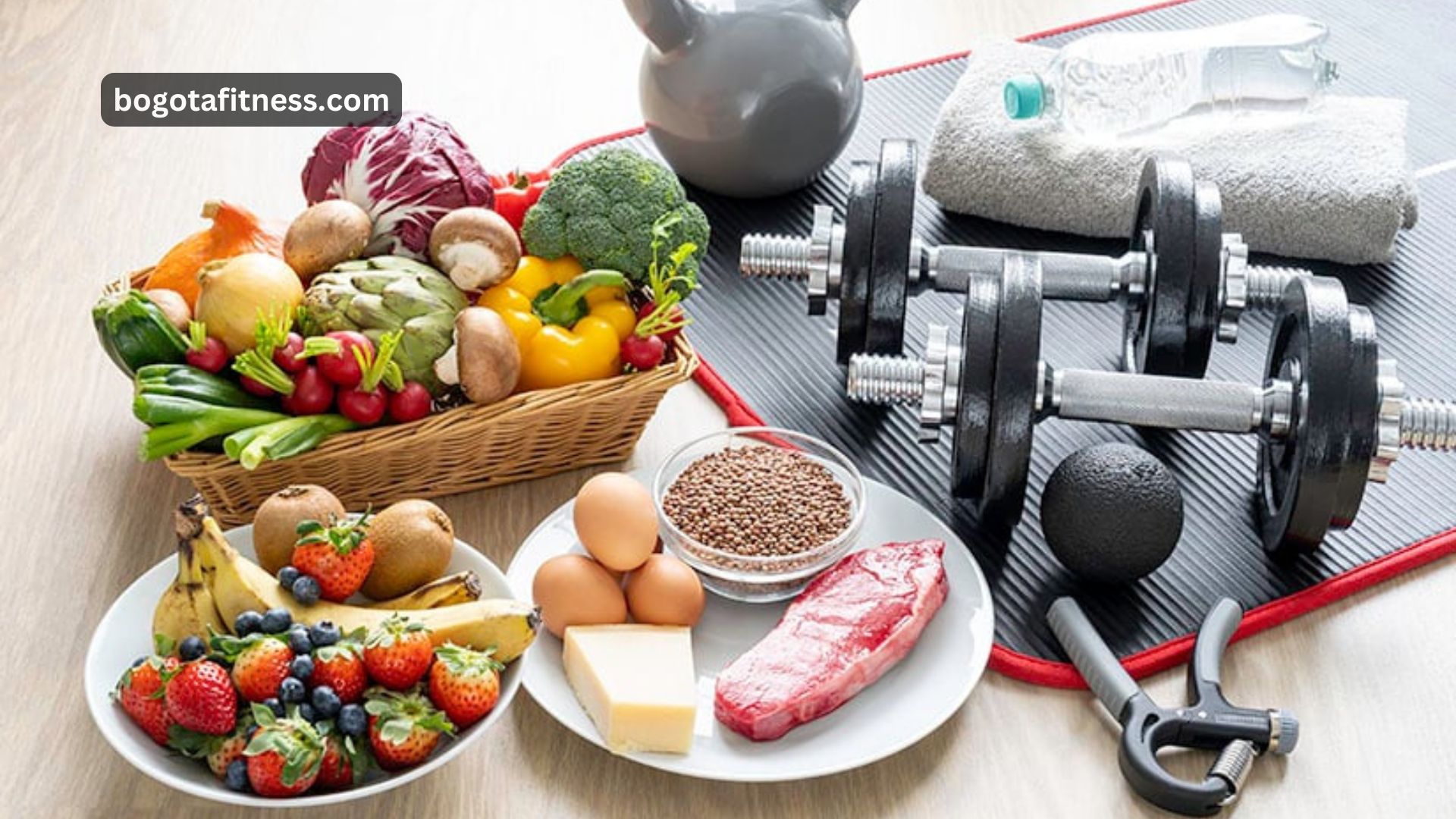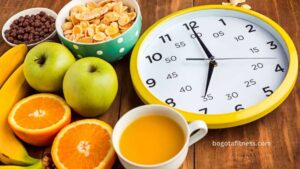Every athlete wants to stay ahead of the competition. To achieve this, you need a solid eating plan that supports both your daily training and recovery. Here’s a look at the essential nutrition tips to help you get the most out of your training and competitions.
Food energy
Athletes need more energy than the average person. For many athletes, especially those who are still growing, daily calorie needs can be between 2,400–3,000 kcal for men and 2,200–2,700 kcal for women. The energy in food comes from three main nutrients: carbohydrates, proteins, and fats.

Here’s a quick look at how much energy each nutrient provides:
- Carbohydrates: 4 kcal per gram
- Protein: 4 kcal per gram
- Fat: 9 kcal per gram
- Alcohol: 7 kcal per gram (Note: Alcohol isn’t a nutrient, but it’s high in calories and can lead to unwanted weight gain.)
Carbohydrates are the main energy source for intense activities. Good choices include fruits, vegetables, whole grains, and pasta.
Fats are also important for energy and hormone health. Opt for healthy fats from sources like nuts, avocados, and olive or coconut oils. Try to avoid vegetable oils like corn or soybean oil.
Protein is crucial for muscle repair and growth. Choose lean meats, eggs, dairy products like yogurt and cottage cheese, and legumes for your protein needs.
Tips to excel with proper sports nutrition
- Try to eat a variety of fruits and vegetables every day. Aim for at least five servings, and mix up the colors. A serving is about the size of a baseball. These foods are packed with the energy and nutrients you need for training and recovery, and they’re full of antioxidants that can help keep you healthy.
- For your carbs, go for whole grains like whole-wheat bread, pasta, and high-fiber cereals. These are better for you than refined grains and sugary foods like sugary cereals and white bread. Whole grains give you more lasting energy.
- When it comes to protein, choose healthy options like chicken, turkey, fish, peanut butter, eggs, nuts, and legumes.
- Don’t forget to stay hydrated! Even a small drop in hydration can hurt your performance. Good choices are milk, water, 100% fruit juice, and sports drinks. But remember, sports drinks and fruit juices can be high in sugar and don’t always offer the benefits of whole fruits. And be careful not to mix up sports drinks with energy drinks like Red Bull, which aren’t the same thing.
- Whenever you can, stick to whole foods instead of processed ones.
Planning a nutritious meal

To hit your performance goals, you need to fuel your body with the right calories from healthy foods. Plan your meals by including at least one food from each of these categories:
Carbohydrates:
- Fruit
- Oatmeal
- Starchy veggies like sweet potatoes, white potatoes, or squash
- Non-starchy veggies like broccoli and leafy greens
- Whole-grain bread or crackers
- High-fiber, non-sugary cereals
- Quinoa
- Brown or wild rice
Protein:
- Whole eggs (both white and yolk)
- Greek yogurt
- Milk
- String cheese
- Lean red meats
- Poultry
- Fish
- Hummus
Healthy Fats:
- Avocado
- Peanut butter
- Nuts and seeds
- Olive or canola oil (especially good for baking)
- Coconut oil
- Flaxseed (great for adding to baking or cooking)
Mix and match these options to keep your meals balanced and nutritious!
Hydration
Staying hydrated is super important for sports performance. Here’s a simple hydration plan to help you stay at your best:
- Drink at least two cups of fluid before you start training.
- Sip on four to six ounces of fluid every 15 minutes during your workout.
After you finish, your hydration needs depend on how much fluid you lost. To figure this out, weigh yourself before and right after your workout. For every pound you lose, drink 16 ounces of fluid to replace it.
Water is usually your best bet for hydration, but low-fat milk and 100% juice are good choices too. Save sports drinks for competitions when you need quick hydration and electrolyte replacement.
Game-day nutrition
Here are a few key tips for game day nutrition:
- Plan Ahead: Good nutrition for your big event isn’t just about what you eat on game day. It’s about what you eat in the days, weeks, and months leading up to it.
- Stick to What You Know: Don’t try any new diets or supplements on game day. Test them out during practice first to see how your body reacts.
- Keep It Light Before the Event: As game day approaches, make your meals smaller. Also, avoid heavy dairy, fatty foods, and high-fiber carbs in the last 60 to 90 minutes before the event, as they might upset your stomach.
On-the-go eating
To perform your best during competitions, it’s crucial to eat well, even when you’re traveling. Relying on concession stand food can set you up for disappointment. Instead, pack a variety of nutritious snacks and drinks.

Opt for energy-boosting foods like whole grain crackers with low-fat cheese, tortilla wraps with veggies and lean meat, hard-boiled eggs, veggie or bean soups, small boxes of unsweetened cereal, fresh fruit, mini whole wheat bagels with peanut butter, pita bread with hummus, or pasta with grilled chicken. Pair these with fruit or veggies and a glass of milk for a balanced meal.
Here’s a quick guide on healthier food choices:
- Healthy Choices:
- Grilled chicken, turkey, or fish
- Lean beef or pork
- Fruits, vegetables, salads, and veggie-based soups
- Nuts, trail mix, seeds, or peanut butter
- Eggs or egg substitutes
- Whole grain breads, rice, and pasta
- Dairy products like milk and yogurt
- Less Healthy Options:
- Fried chicken or fish
- Burgers, sausage, bacon
- French fries, fried rice, or creamy sauces
- Chips, cheese curls, or pork rinds
- Omelets loaded with cheese, hash browns, and sausage
- Highly processed white bread, rice, and pasta
- Sugary dairy products like ice cream
As the competition gets closer, make your meals smaller and cut back on fats and dairy. Be cautious with fibrous carbs as they can upset your stomach.
Remember to test out your pre-event meals and snacks ahead of time to see how they affect you. This way, you’ll know what works best on game day.




